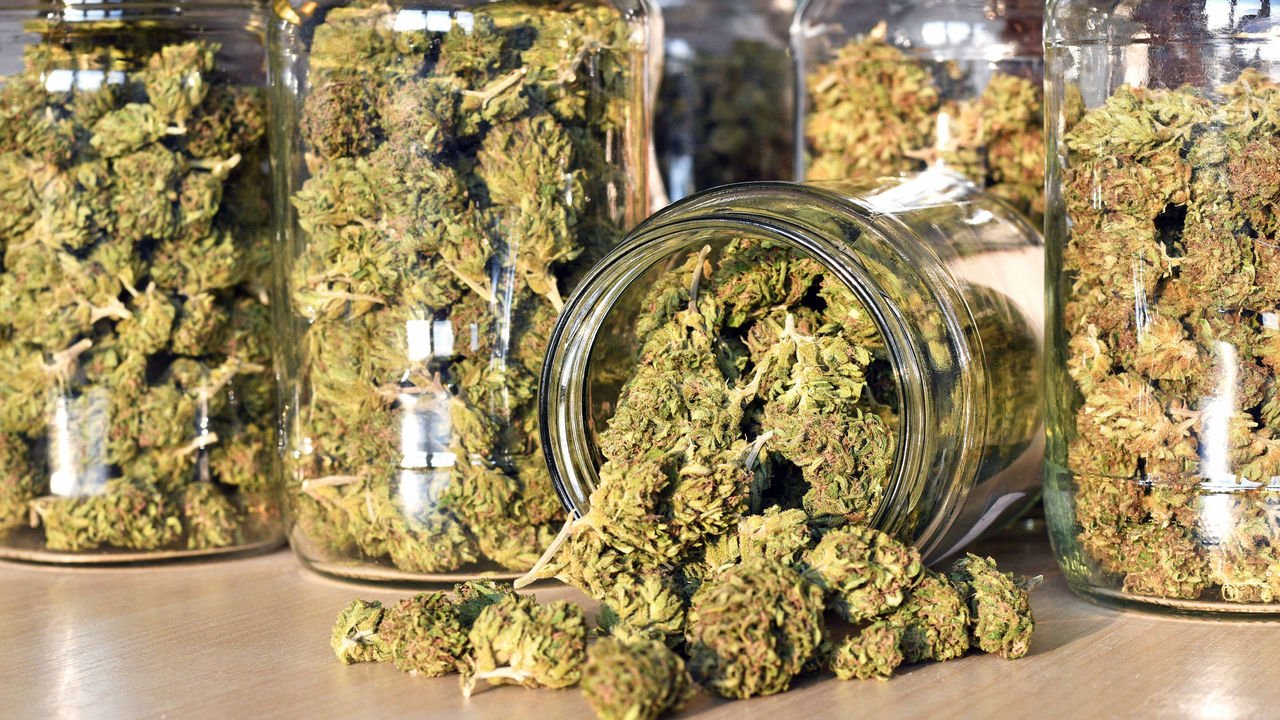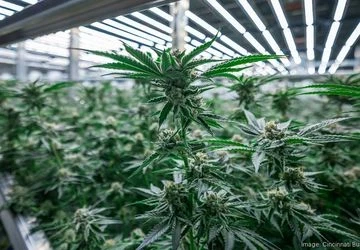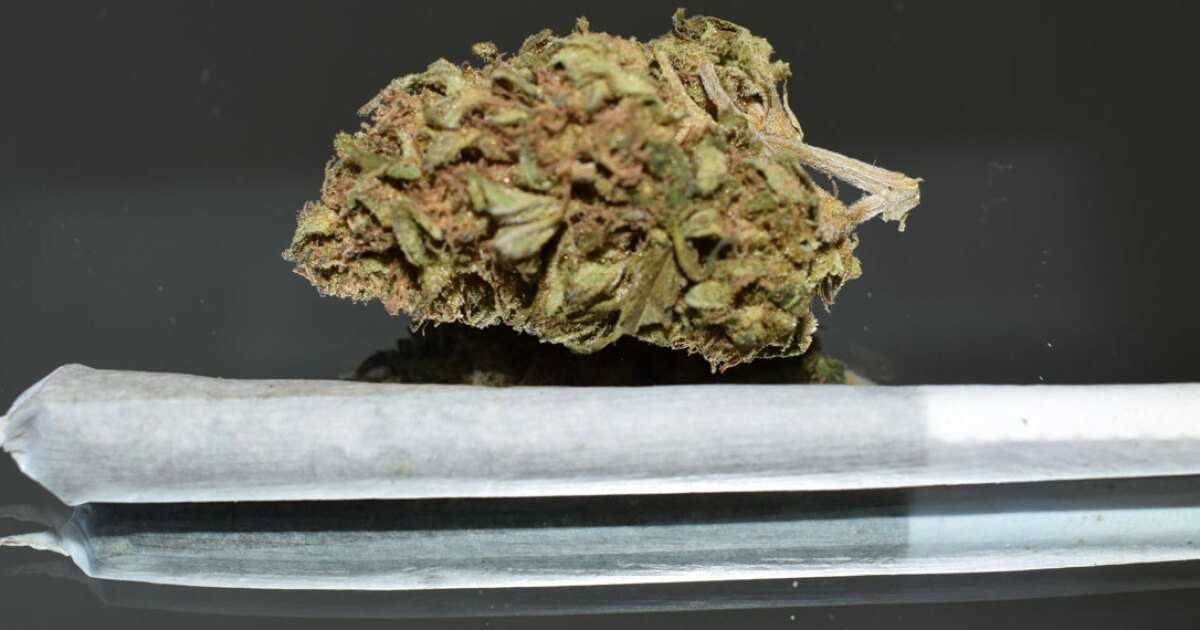In Arizona, cannabis products must undergo rigorous testing to ensure safety and potency as mandated by state regulations. A law enacted in 2019, which took effect in November 2020, requires all marijuana products sold in the state to be tested for unsafe levels of microbial contamination, heavy metals, and pesticides. This law also establishes a framework for confirming the potency of these products.
Arizona currently has 11 licensed laboratories dedicated to cannabis testing, a decrease from 16 in the previous year. These labs are responsible for analyzing samples from dispensaries to ensure compliance with state health standards. While dispensaries must test batches of their marijuana and THC-infused products, not every product sold is guaranteed to be free of impurities. Issues such as inaccurate potency levels can occur, leading to potential discrepancies between what consumers expect and what they receive.
The 2019 law was a response to the growing demand for safe cannabis products, following the legalization of medical marijuana in 2010. Although product testing wasn’t initially required after legalization, many dispensaries opted to provide testing voluntarily to protect consumers and their businesses. The state’s recreational marijuana law, approved by voters in 2020, adopted the same testing standards established in 2019.
The law requires testing for various contaminants, including mold, heavy metals like lead and mercury, and residues from pesticides and solvents. It also mandates the confirmation of THC potency, allowing consumers to request certificates of analysis for tested products, which must be provided upon request. Some dispensaries make these certificates available on their websites.
The Arizona Department of Health Services oversees the licensing and inspection of testing laboratories, ensuring they maintain high standards of scientific accuracy, quality control, and recordkeeping. To avoid conflicts of interest, labs cannot have financial ties or familial relationships with dispensary operators.
Despite these regulations, not all products on the market have been tested. Dispensaries are only required to test samples from batches of their products, which means that individual items may not have undergone testing. For example, a batch of cannabis plants grown simultaneously may have only a few samples tested.
Violations of testing regulations can result in severe penalties. The health agency director has the authority to suspend or revoke licenses for labs that fail to comply with state rules, with fines reaching up to $1,000 per day per violation, capped at $5,000 within a 30-day period.
Testing labs focus on identifying specific contaminants or conducting full-panel tests. They check for harmful biological agents like E. coli and salmonella, as well as leftover pesticides and solvents that might remain after processing. Additionally, they measure cannabinoid percentages, including THC and CBD.
If contaminants are detected, dispensaries can choose to retest the affected products or remediate them when possible. For instance, cannabis flower contaminated with Aspergillus may be processed into hash oil for safe consumption. However, products contaminated with more harmful substances, such as salmonella, must be destroyed or recalled if already on shelves.
Overall, Arizona’s testing regulations aim to protect consumers while fostering a responsible cannabis market. As the industry evolves, continued vigilance and compliance will be essential to ensure the safety and quality of cannabis products available to consumers.




